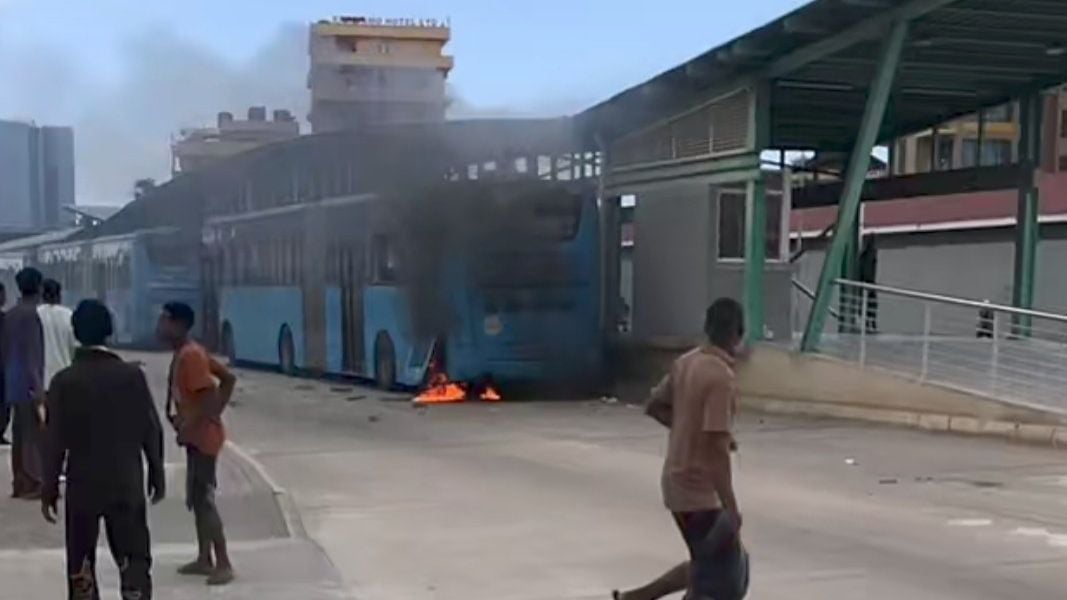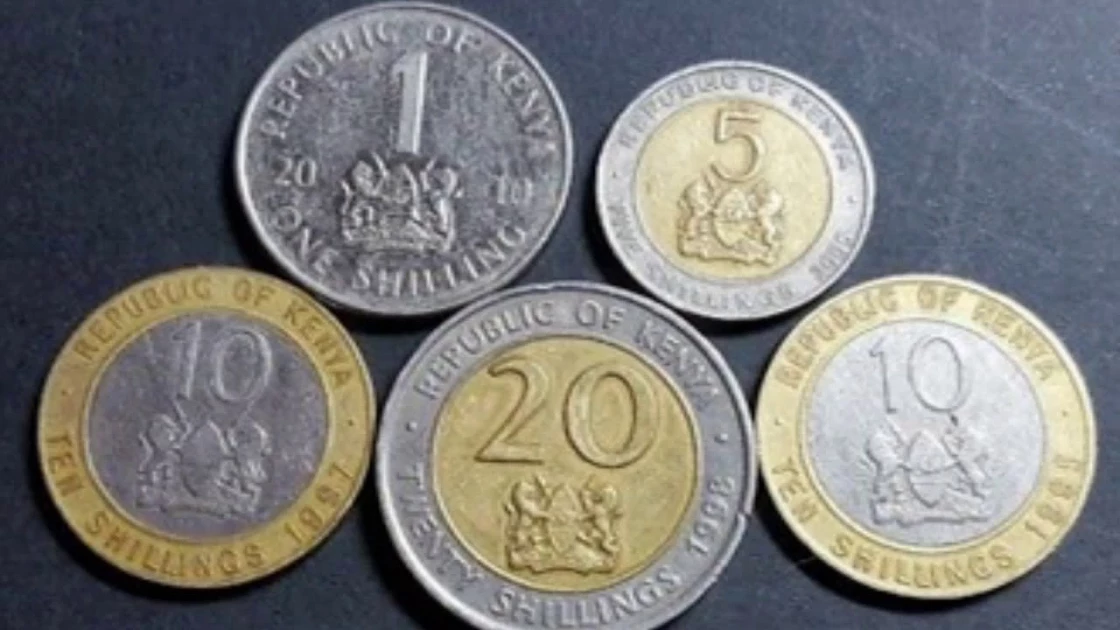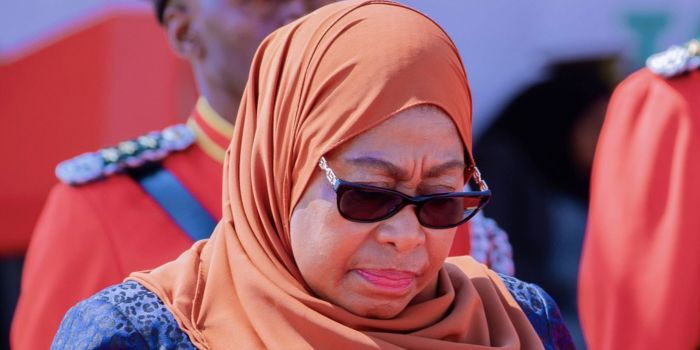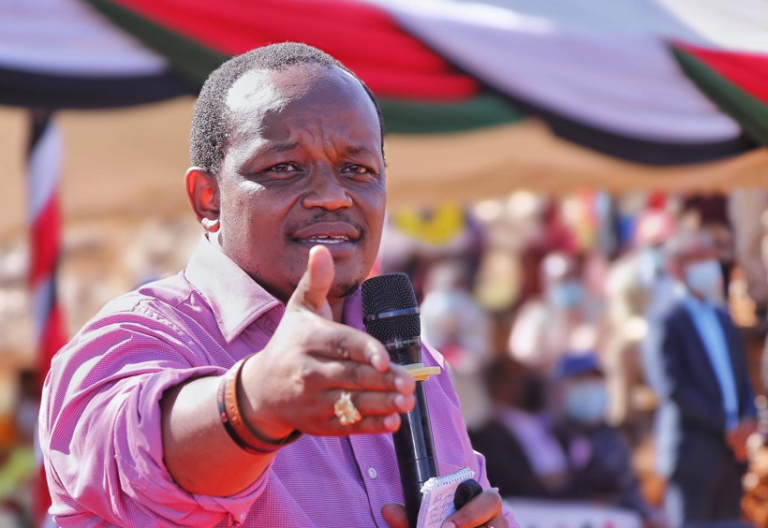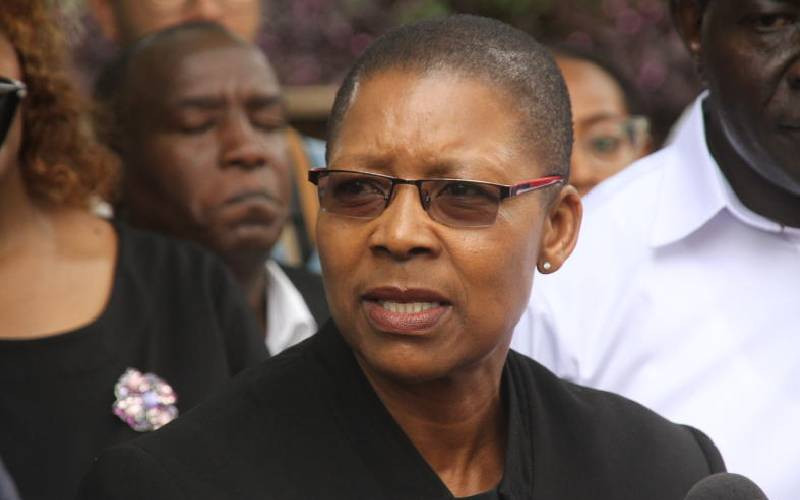
The nation is reeling following explosive claims that President William Ruto and Attorney General Dorcas Oduor are complicit in shielding Deputy Inspector General Eliud Lagat from facing murder charges in the death of blogger Albert Ojwang.
In a dramatic High Court petition, twenty Kenyans, led by prominent activists, accuse top officials of orchestrating a cover-up. They allege DIG Lagat instigated Ojwang’s abduction after filing questionable corruption claims against the whistle-blower. According to the petition, the resulting custody transfer turned fatal, with Ojwang suffering fatal head injuries consistent with torture—not self-harm, as police initially claimed.
The independent post-mortem contradicted official reports, dismantling the suicide narrative and intensifying calls for justice. Still, Lagat remains untouched, as prosecutors pursued charges only against subordinate officers. Petitioners warn this selective prosecution erodes Kenya’s rule of law, framing it as calculated political protection.

The lawsuit accuses President Ruto of breaching his constitutional role by refusing to suspend or interdict Lagat. They argue this failure violates the principles of accountability embedded in the Constitution. The Attorney General is similarly faulted for neglecting her duty to uphold public interest and justice.
Responding in court, Lagat’s legal team insists investigations cleared him, emphasizing prosecutorial independence and administrative separation of power. Lagat has even stepped aside from duties to accommodate scrutiny. The hearing, however, has been adjourned with a deadline for responses looming—heightening public tension over whether justice will be served.


